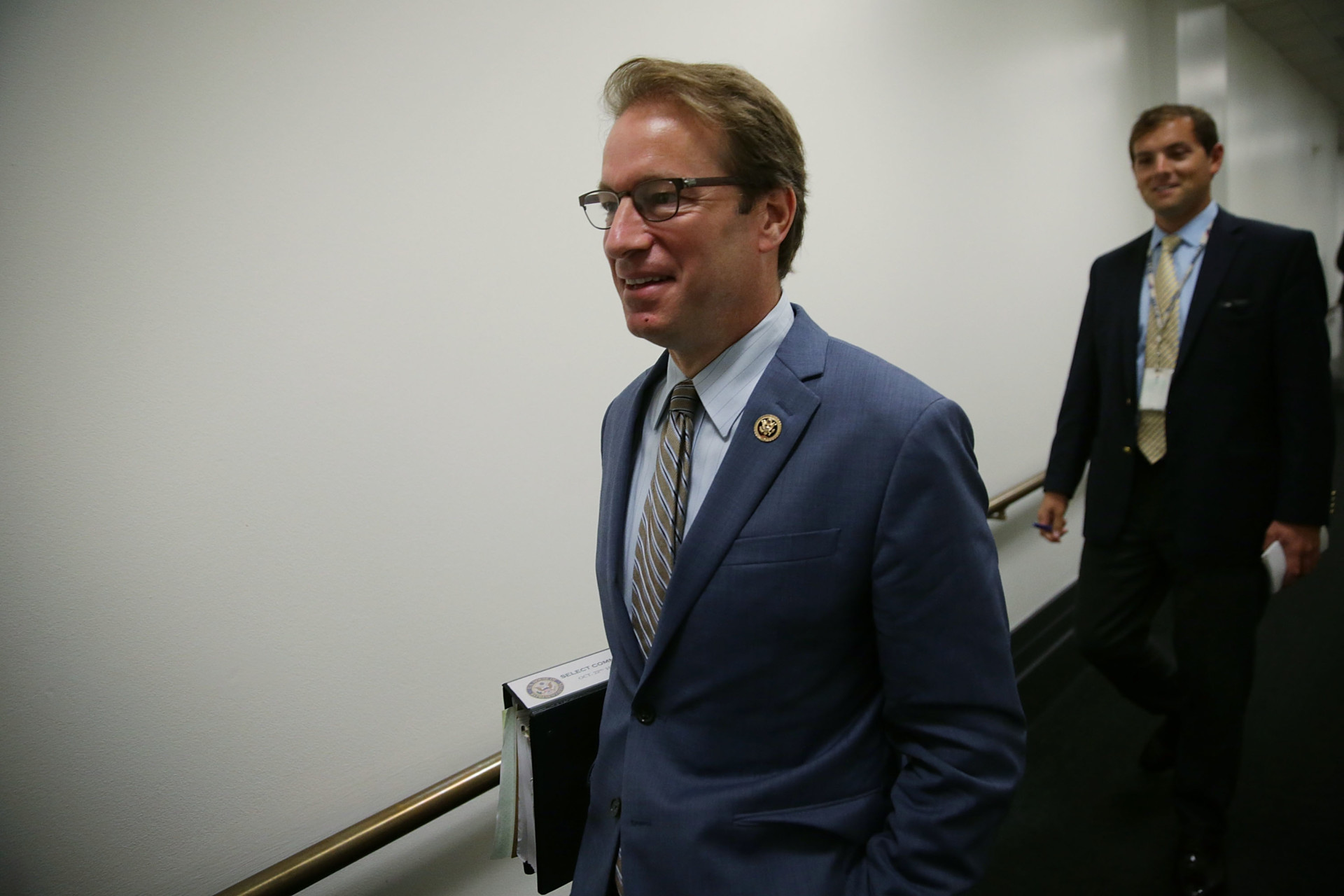May 18, 2017 at 1:57 pm ET
- Share on Facebook
- Share on Twitter
- Share on LinkedIn
- E-mail to a friend



The House Ways and Means Committee’s first major tax reform hearing illustrated the work still ahead for Republican lawmakers as they attempt to overhaul the tax code and reconcile their blueprint with the White House agenda. The Thursday hearing also called into focus the high-pressure timeline they face to meet business expectations on enacting changes.
Committee Chairman Kevin Brady (R-Texas) has touted the House GOP blueprint as a key to spurring economic growth. The plan, which diverges in key aspects from the White House outline, would lower the corporate tax rate to 20 percent from 35 percent.
“President Trump is leading the charge for bold tax reform that will unleash the growth of jobs and paychecks nationwide,” Brady said at the hearing. “And he’s calling on the House and Senate to put forward our best ideas.”
Republicans aim to elicit more business investment as a driver of economic growth. Democrats want tax cuts to focus on the middle class and low-income taxpayers.
Republican tax writers in Congress face major challenges as tax legislation takes shape. Floor time is limited in a packed legislative agenda, and the White House has been weighing in with its own ideas. But Brady was optimistic at a Washington event Wednesday evening, noting that while passing tax reform legislation in 2018 is possible, he wants to accomplish it this year.
The hearing largely focused on business taxation, including the treatment of “pass-through” entities that are taxed through their owners’ individual returns. Executives testifying at the hearing called for lower tax burdens on businesses. They also stressed the need for permanent tax overhauls rather than temporary cuts.
“Permanence is critical” to ensuring certainty for long-term business planning, said David Farr, chairman and chief executive of St. Louis, Mo.-based Emerson Electric Co., at the hearing.
Rep. Peter Roskam (R-Ill.), chairman of the panel’s tax policy subcommittee, asked the five business leaders testifying at the hearing to gauge the value of permanent policy changes. He compared the debate on permanence in tax changes to the value society places on rentals versus ownership.
“We put a premium on owning something,” Roskam said. “It would seem to me there’s a real premium on permanence.”
Rep. Pat Tiberi (R-Ohio) asked witnesses about the “cost of delay” to tax reform legislation, an apparent caution to stakeholders against getting hung up on perfecting specific provisions.
“The delay cannot happen,” said Zach Mottl, chief alignment officer at Atlas Tool Works, a small manufacturer based in Lyons, Ill. He referred to a market downturn Wednesday as a signal of widespread uncertainty about whether Congress can accomplish its policy goals.
Discussions of specific provisions highlighted the debates in play on the House plan and the White House’s agenda — provisions that drive fervent lobbying battles on Capitol Hill.
The border adjustment tax, a central revenue raiser that would tax imports and exempt exports, came up at the hearing — although it’s likely to be discussed more critically at the committee’s hearing on Tuesday. Some business leaders frame it as a way to square the tax code with foreign systems that disadvantage the United States. Retailers oppose it, saying it would increase prices on consumer goods. House tax writers and the White House are considering possible revisions, Brady said Wednesday.
Another debate centers on how to tax pass-through entities, a structure used by many small businesses but also by some large law firms and financial companies.
The House plan would also eliminate net interest deductibility for businesses while allowing them to write off capital expenditures immediately, a trade-off pairing that has rankled highly leveraged sectors like agriculture, real estate and private equity firms.
John Stephens, senior executive vice president and chief financial officer at AT&T Inc., said at the hearing that eliminating net interest deduction, by itself, “would be extremely problematic,” but “I understand that it may be necessary as part of a broader solution.” He praised the full and immediate expensing provision, saying it would boost investment. He also urged tax writers, if they eliminate net interest deduction, to use transition rules “that do not penalize past choices companies made under a vastly different tax system.”
Steven Rattner, chairman of Willett Advisors LLC, said “the focus on this provision is excessively narrow,” referring to the full and immediate expensing plan. It “may be one piece of the final solution, but it is not the Holy Grail.” He also warned against tax plans that would increase the federal deficit.
Ryan Rainey contributed reporting.